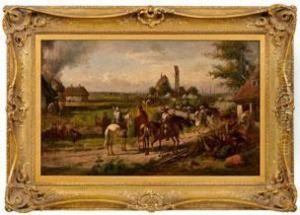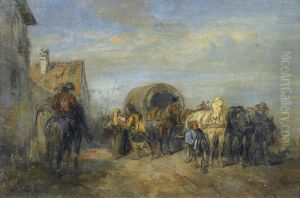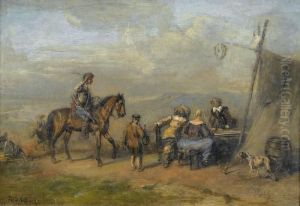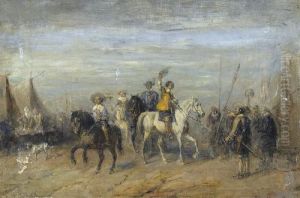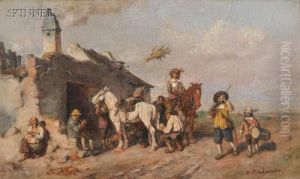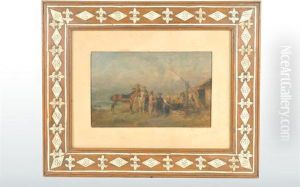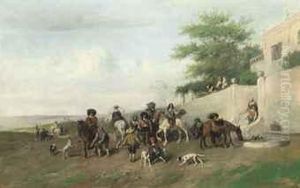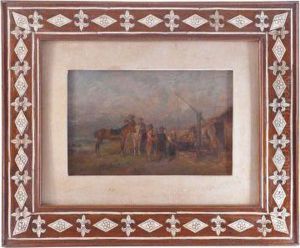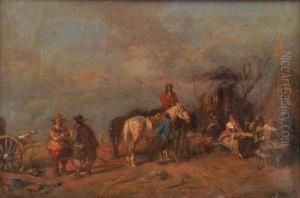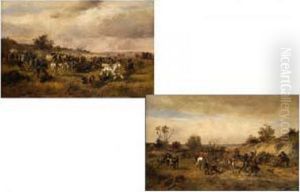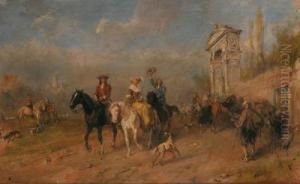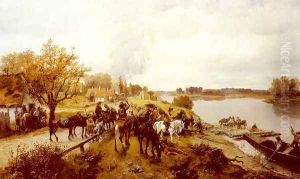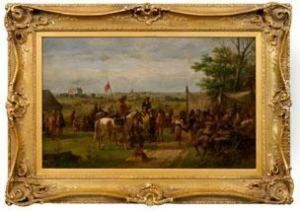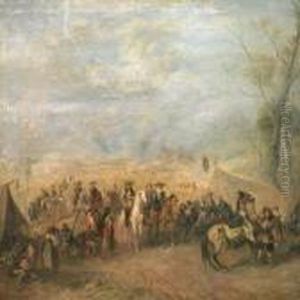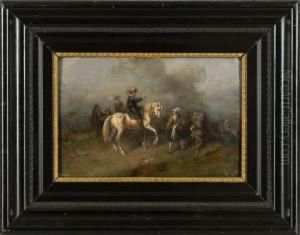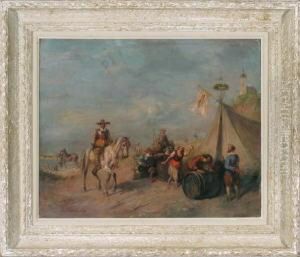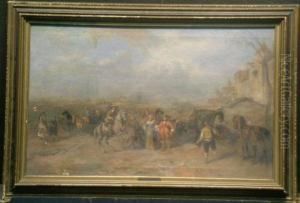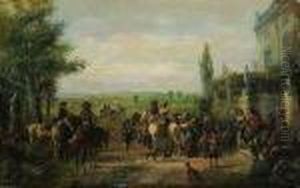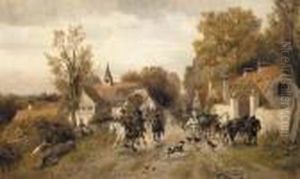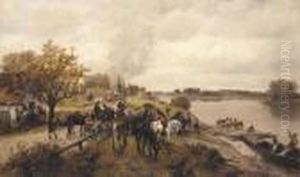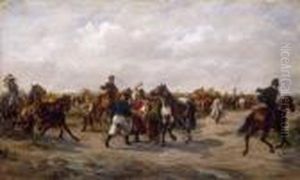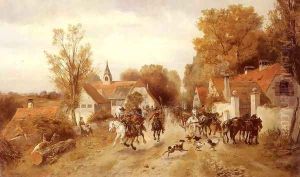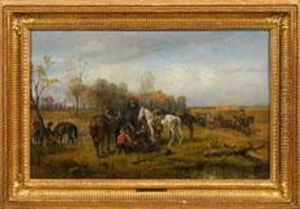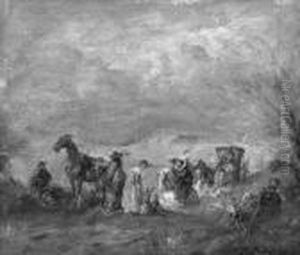Alfred Ritter von Malheim Friedlander Paintings
Alfred Ritter von Malheim Friedländer was an Austrian landscape and genre painter, born on July 17, 1860, in Vienna, Austria. He was particularly renowned for his captivating landscapes and rural scenes that often depicted the serene and picturesque Austrian countryside. Coming from a time when European art was undergoing significant transformations, Friedländer managed to carve a niche for himself with his traditional approach to painting.
Friedländer received his artistic training at the Academy of Fine Arts Vienna, where he honed his skills under the guidance of prominent instructors. His education at the academy was pivotal in shaping his style, which combined classical techniques with a keen observation of natural light and color.
Throughout his career, Friedländer exhibited his works widely, participating in numerous exhibitions and gaining recognition among art enthusiasts and critics alike. His paintings were characterized by their vibrant color palette and fine attention to detail, which brought his landscapes and genre scenes to life. He often depicted the changing seasons, rural life, and the interplay of light and shadow, which showcased his ability to capture the mood and atmosphere of a place.
Alfred Ritter von Malheim Friedländer's contribution to Austrian art was significant, and his works are still appreciated today for their beauty and historical value. His paintings can be found in various museums and private collections, serving as a testament to his skill and artistic legacy.
Despite the upheavals of the early 20th century, including World War I, the fall of the Austro-Hungarian Empire, and the rise of modernist movements, Friedländer remained true to his artistic convictions. He continued to paint in his distinctive style until his death on January 15, 1945, in Vienna. His passing marked the end of an era for traditional landscape painting in Austria, but his influence persists through the generations of artists who admire and study his work.
